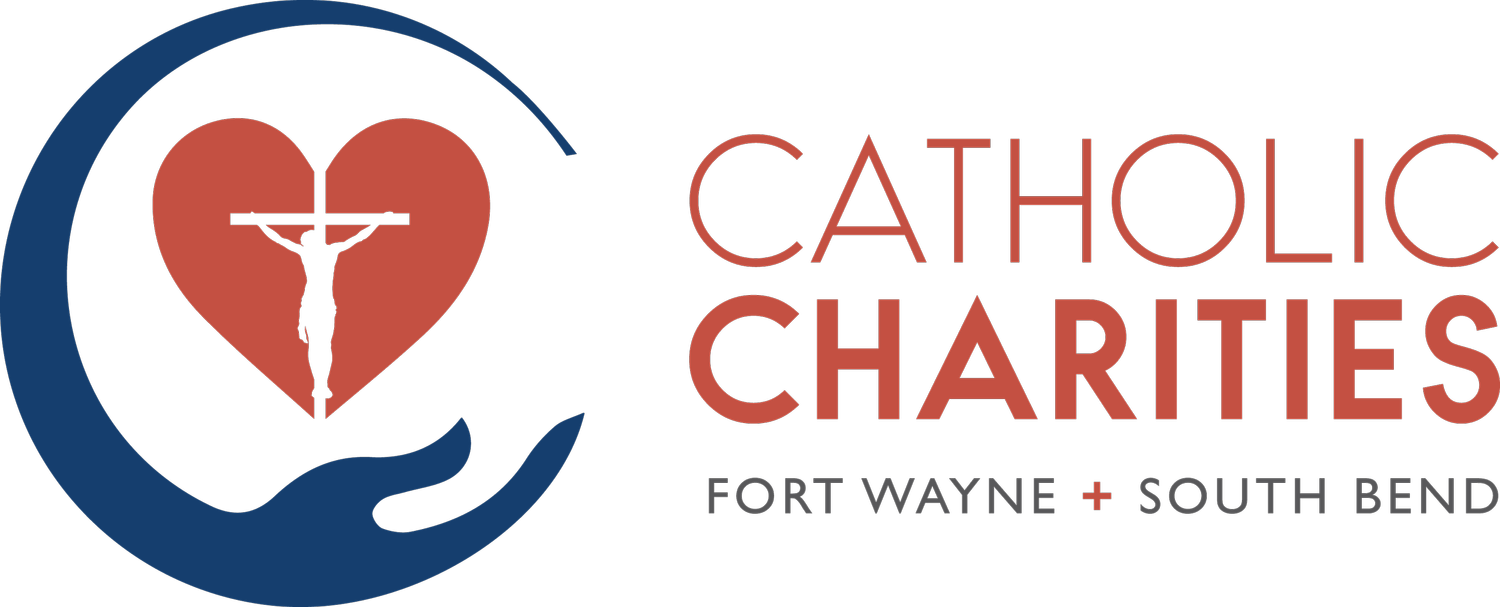Finding Hope for an Asylee
Leaving Afghanistan was one of the most chaotic and heart-wrenching experiences Ahad has had to endure. He had to make the decision to leave his pregnant wife and unborn child, knowing they could not make it to the entrance of the airport, where he was hoping and praying they would make it past the hordes of people so they could escape the Taliban. He was forced to get on a plane without them in hopes they could join him in the United States shortly after. Due to his connections and previous Air Force training in the United States, as well as his rank as a Captain in the Afghan military, he knew the Taliban would be looking for him and would not hesitate to kill him.
“I knew that coming to the United States would be the best chance I had to get back on my feet and provide a way for my wife and child to be safe and secure,” said Ahad.
Due to his desire to serve his country and people, Ahad graduated as a Second Lieutenant Aviation Officer with a bachelor’s degree in science. He pushed himself to excel further and was able to obtain a scholarship to come study in the United States. It was at the United States Air Force base where he received a diploma for studying English and then trained for another goal: become a pilot for the Afghan military to fight the Taliban.
Ahad would not be where he is today if it were not for the efforts of Catholic Charities of the Diocese of Fort Wayne-South Bend.
During the fall of the Afghan government, Ahad came to the U.S. under the Afghan Placement and Assistance (APA) program. Under this program, he had to change his refugee parolee status to asylee within one year of entering the country.
He expressed, “Through Catholic Charities’ Refugee Department, I was able to work towards starting a new life here. They helped me with all my initial needs such as housing, employment, and even the basic things, such as where to find groceries.”
Though starting to settle in and now employed, one thing has not left Ahad’s mind: reuniting with his wife and child.
TERMINOLOGY
Who is a Refugee?
An individual with a well-founded fear of being persecuted for reasons of race, religion, nationality, membership in a particular social group, or political opinion, is outside the country of his/her nationality, and is unable to or, owing to such fear, is unwilling to avail theirself of the protection of that country. They are granted refugee status from the United Nations High Commissioner for Refugees before being resettled. Upon entering the U.S. they receive Legal Permanent Residency.
Who is an Asylee?
An individual with a well-founded fear of being persecuted for reasons of race, religion, nationality, membership in a particular social group, or political opinion, has entered the U.S. on their own and then applies for asylum from within the country. U.S.C.I.S. judges each case before being approved or denied.
Who is an Immigrant?
A foreign-born individual who voluntarily leaves his/her country of origin and has been admitted to reside permanently in the U.S. as a Legal Permanent Resident.
“I now have the possibility to not only be safe from persecution, but eventually to be reunited with my family here in the United States and provide them a safe and secure future.”
“After my initial resettlement process, I was connected with Catholic Charities’ Immigration Department. They met with me many times to ensure I stayed in the United States legally. They worked with me to finalize my asylum case and gave me hope that I would be able to not only seek asylum for myself, but for my wife and my baby. After waiting a few months, I received the news that my asylum application has been officially approved and I am so grateful."
Working with Catholic Charities’ fully-accredited Department of Justice Immigration Director, Luz Ostrognai, was key in submitting his asylum application.
“Our agency is working to help Afghan clients rebuild their life in our community," said Ostrognai. “The process of obtaining asylum and other forms of immigration relief has been intense and stressful due to each case’s individual complexities, language barriers, and the statutory deadlines imposed; but the positive impact we have on the lives of our clients cannot be overstated.”
Since the arrival of 150 Afghans in our diocese over the last year and a half, Catholic Charities’ Immigration Department has been working diligently on these unique asylum cases.
“Our humanitarian work is making a difference in the lives of these individuals, and this is truly something we are proud of!”
